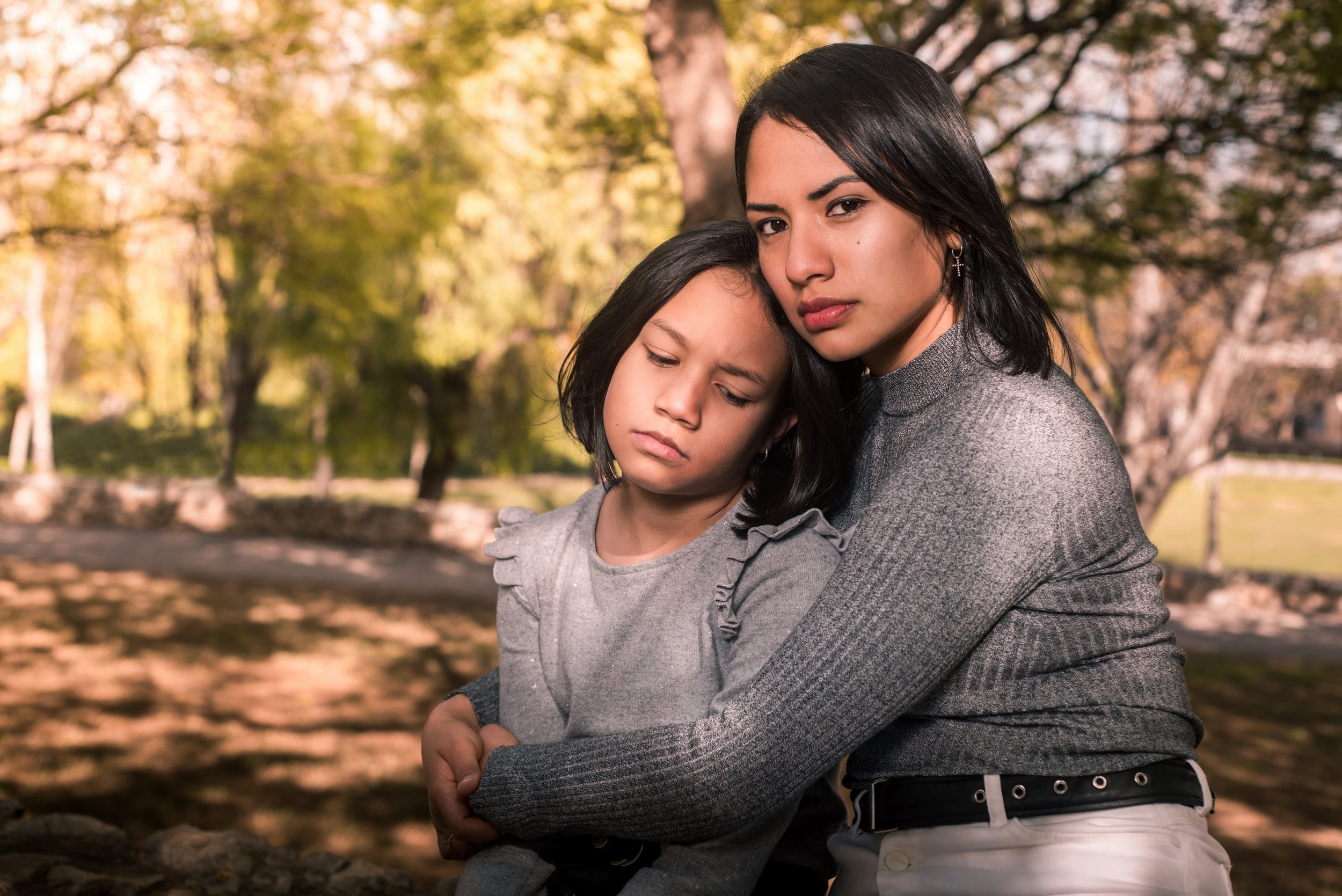Top 5 Things Parents Should Do to Keep Their Child Safe From Sexual Predators
Protecting children from sexual predators is a critical responsibility for parents and caregivers. Child safety is an ongoing process, and it's crucial to maintain vigilance while, at the same time, nurturing your child's self-confidence and autonomy. By fostering open communication and teaching your child about personal boundaries, you can help protect your precious daughters and sons from sexual predators.
Here are five essential things parents must do to help keep their children safe:
Open Communication: Commence and maintain open and honest communication with your child early on. Encourage them to talk about their feelings, experiences, and concerns in their everyday lives. Create a safe and non-judgmental environment where they feel comfortable discussing anything, including uncomfortable or concerning situations. Your child should also feel safe talking to you about anything changing in their body. Teach them the difference between appropriate and inappropriate touching and strongly encourage them to tell a trusted adult if something feels wrong.
In addition, something that parents often do not realize that they need to do is to teach their children the difference between secrets and surprises. Secrets are meant to withhold information from a parent or trusted adult, whereas surprises are fun (for example, not telling mom about a surprise party or special gift). Surprises are meant to be enjoyable and eventually revealed. Whereas, secrets are meant to conceal the truth and should be strongly discouraged.
2. Educate Your Child: Age-appropriate education about personal boundaries, consent, body safety, the correct names for body parts, and the differences between males and females is crucial. Teach your child that it's okay to say "NO" to any touch that makes them uncomfortable, even if it's from an adult they know and trust. No means no. Children can experience bad touches that feel good, which is confusing for them, so we want to ensure they understand them as unsafe rather than bad. Use simple, straightforward language to explain the concept of private parts and that no one should touch them without a good reason (for example, for hygiene or medical purposes) and with their permission and yours. Help them understand that secrets involving their body should never be kept. No adults should ever tell a child to keep a secret from their parents, and no conversation is off the table amongst family.
3. Know Your Child’s Friends and Trusted Adults: Be actively involved in your child's social life. Get to know their friends and their friends' parents or guardians. Encourage playdates and activities in a safe and supervised environment. Be cautious when leaving your child with adults, even those you trust, and ensure they know your family's safety rules. Adults should always ask for consent before a kiss or a hug. If the child says no, that adult should not force it. As a general rule, we would advise that parents should never allow sleepovers.
4. Online Safety: In today's digital age, educating your child about online safety is essential. Monitor their online activities, set age-appropriate boundaries, and use parental controls on devices and apps. Stay alert for inappropriate behaviors and make it a point to know what your child is viewing on phones, tablets, and computers, not just at home but also at friends’ houses. Teach them not to share personal information, photos, or videos with strangers and to immediately report any online interactions that make them feel uncomfortable or involve inappropriate content. Report inappropriate children’s content immediately.
5. Trust Your Instincts: Parents should trust their instincts and pay attention to signs that something may be wrong. If your child exhibits sudden changes in behavior, becomes withdrawn, anxious, or displays other unusual behaviors, take these signs seriously. Investigate the situation and talk to your child in a supportive and non-accusatory manner. If necessary, seek professional help, such as from a therapist or counselor specializing in child abuse.
Educating yourself about the signs of child grooming and predatory behavior will help you recognize potential threats and take appropriate action. It is also essential to know the reporting procedures in your community or jurisdiction for suspected child abuse or exploitation and to report any concerns to the appropriate authorities.
Trees of Hope offers an online prevention workshop for parents, caregivers, teachers, or anyone seeking to protect vulnerable individuals. Participants will learn about sexual abuse prevention and how to safeguard their loved ones better. The cost of the workshop is $25, which includes a physical copy of the Rise Magazine sent to online workshop registrants.
Find out more about Trees of Hope’s Prevention Education programs for parents and be ahead of the game in protecting your beloved children and preventing any potential abuse.


